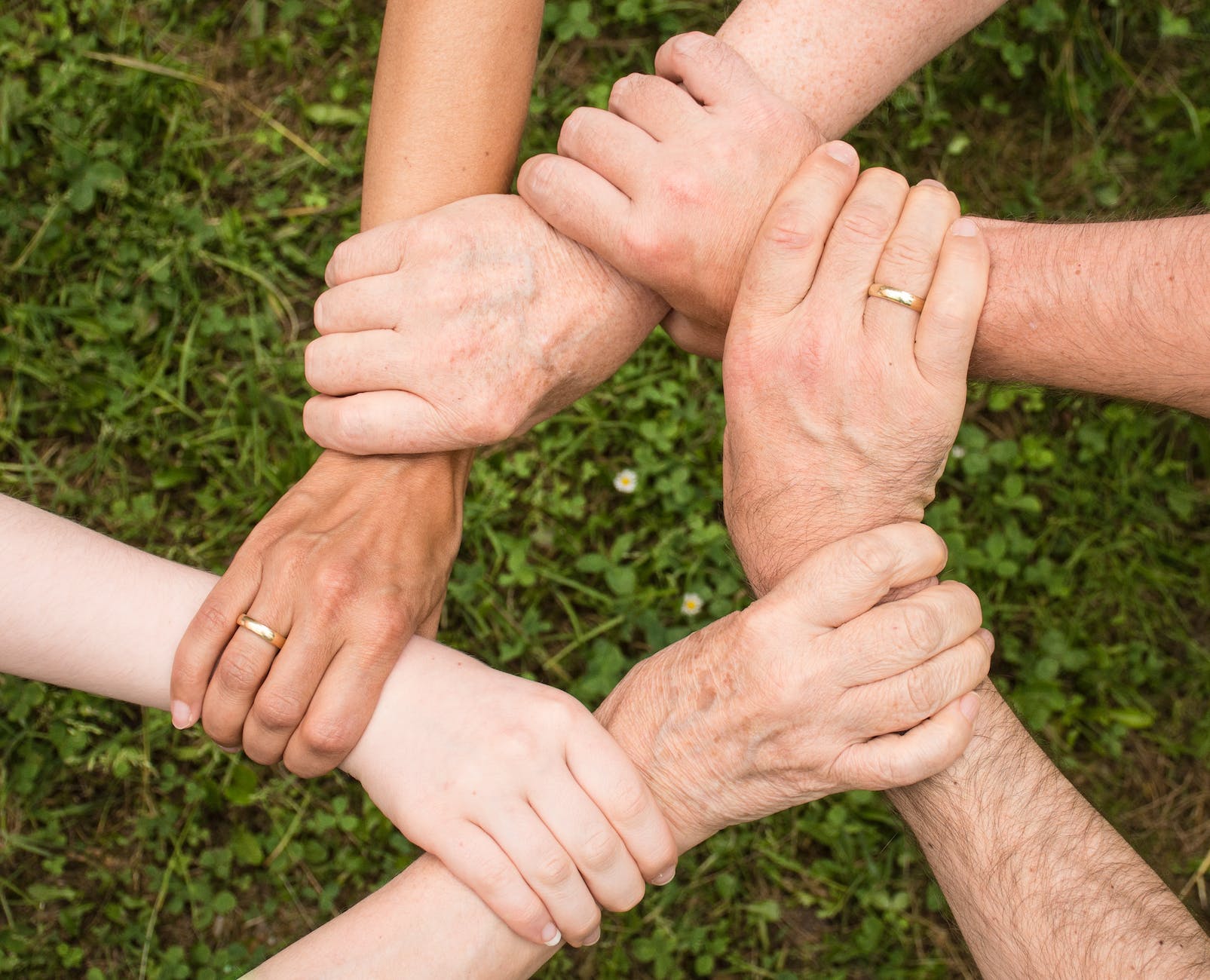
Becoming a transplant caregiver is a huge responsibility and it’s important to know what your responsibilities are before committing. Surely you want to be there to support your loved one through their transplant journey but you also have to make sure that being a caregiver is what is best for you and for them.
So what questions should you ask your loved one before committing to the role of caregiver? Excellent question.
Here are 4 questions that may be helpful to ask before making the decision to be a transplant caregiver.
TL;DR
- What is the time commitment?
- What is the transplant process?
- What are the responsibilities of a transplant caregiver?
- What support do I have?
Now find out why these questions are so important when you are deciding if becoming a transplant caregiver is right for you and your loved one.

- What is the time commitment?
- Why this is important:
- You probably have other commitments; a job, school, kids, pets, hobbies, travel plans and goals to accomplish. Being a transplant caregiver means you will have to make sacrifices.
- Depending on where your loved one is in their transplant journey and the type of transplant they will be having, this could greatly impact your past, present and future commitments. Understand that canceled plans and wonky new sleep patterns are a part of being a transplant caregiver.
- Becoming a transplant caregiver could be for a few months or a few years. You need to know the expectations before committing so you can make sure you are able to follow through with the commitment.
- Why this is important:
- What is the transplant process?
- Why this is important:
- The transplant process will vary depending on the type of organ, eye or tissue transplant, which means your responsibilities could also vary. Knowing how the transplant process works, from getting on the transplant list to recovery, is important to consider.
- By understanding the complexities of the process, you are able to decide if advocating for the patient and contributing to their well-being and recovery are tasks you want to take on.
- Why this is important:
- What are the major and minor responsibilities? What will you need from me?
- Why this is important:
- Some responsibilities may include lifting, driving, notetaking at appointments, helping keep up with medications. Make sure you are comfortable with performing the responsibilities your loved one will need.
- Some of these responsibilities may require additional educational sessions, meetings or appointments so it’s important to understand what the expectations are.
- Why this is important:
- What support do I have?
- Why this is important:
- Selfcare, selfcare, selfcare
- While you will be supporting your loved one, you also need to have your own support system within your community. A supportive community provides resources, emotional well-being, validation and can help prevent burnout.
- Caregivers need support too and building and leaning on your community is crucial to not only provide the best care, but to also take care of yourself.
- Why this is important:
